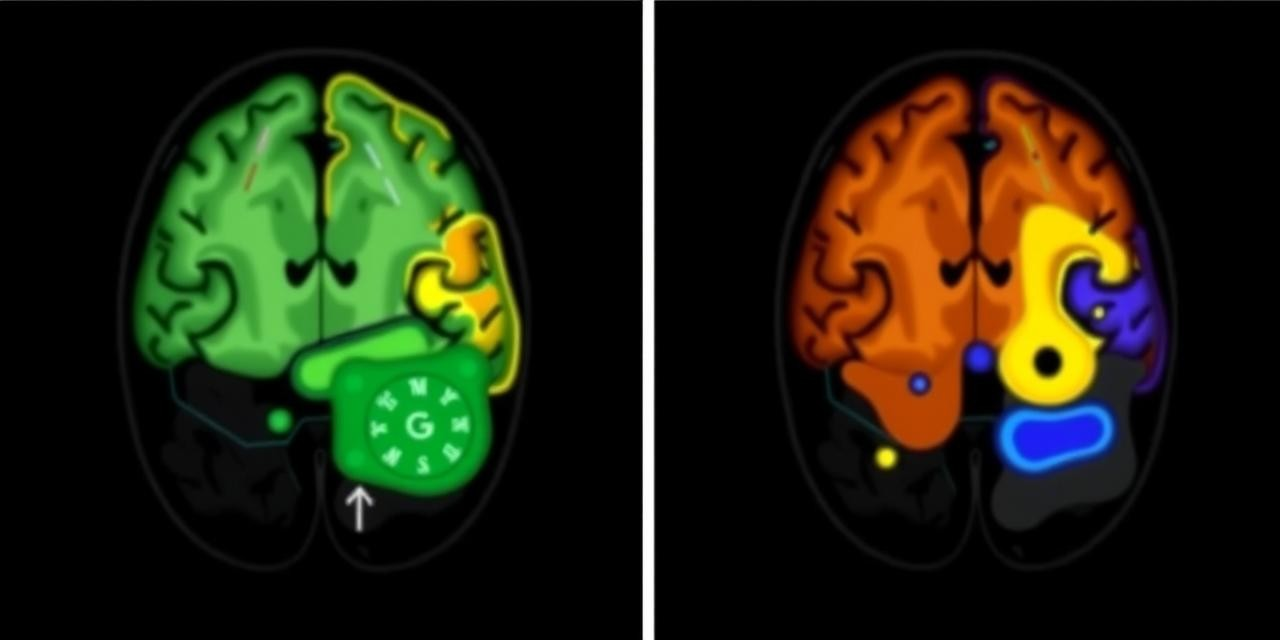Life getting a bit much? Feeling constantly on edge? You’re not alone. But what if I told you there’s a simple, beautiful way to find some peace? It’s been my companion for years. It’s classical music. More than just background noise, it’s a powerful tool for calming your mind, sharpening your focus, and boosting your overall mood. Let me share how you can tap into its magic.
The Science Behind the Sound
This isn’t just some airy-fairy idea. Science is on our side! Studies show that listening to classical music can seriously impact your brain and body. Think slower heart rate, lower blood pressure, and reduced stress hormones. It’s like a natural tranquilizer.
How does it work? Classical music, with its complex structures and harmonies, lights up different areas of your brain. Memory, emotion, cognitive function – all get a workout. This strengthens neural connections and improves brainpower.

Stress Relief and Anxiety Reduction
Need to de-stress? Classical music is your friend. Those soothing melodies create a sense of calm, silencing the mental chatter that fuels anxiety. Consider it a sonic massage for your mind. Ahhhhhh.
For example, studies show Mozart can reduce anxiety in patients facing medical procedures. Exam stress? Classical music can help students manage it. The trick? Choose pieces that you find relaxing. Avoid anything jarring or intense, especially when you’re already stressed.
Boosting Focus and Concentration
Distractions are everywhere! Need to laser-focus? Classical music can be a secret weapon. Its structured nature helps organize your thoughts, making it easier to stay on task. Think of it as decluttering your mind.
Remember the “Mozart Effect”? While the IQ boost claims were a bit overblown, research does show that classical music can improve spatial-temporal reasoning. That’s key for math and problem-solving! Pro tip: Instrumental pieces are best for focus. Lyrics can be distracting.
Mood Improvement and Emotional Well-being
Music stirs emotions. Classical music? No exception. It can lift your spirits, spark joy, and even help you process tough emotions. It’s a full spectrum of feeling.
From the soaring joy of Beethoven’s “Ode to Joy” to the poignant beauty of Barber’s “Adagio for Strings,” classical music offers a vast emotional landscape. Let yourself be moved. Connect with your emotions in a healthy way. Music therapy uses this power to help people express and heal.
Incorporating Classical Music into Your Life
The best part? Classical music is easy to access. No special gear needed. Here’s how to weave it into your day:
- Create a calming playlist: Your go-to relaxation tracks.
- Commute companion: Swap the news for Bach.
- Background bliss: Soft classical while you work or relax.
- Attend a concert: Experience the magic live!
- Explore! Discover new composers and styles.
Beyond the Basics: Deeper Engagement
Want to amplify the benefits? Get actively involved! Learn an instrument. Join a choir. Take a music appreciation class. It’s a creative outlet that boosts brainpower and social connection.
Plus, diving into the history and stories behind the music can deepen your appreciation. Learning about the composers’ lives adds another layer of meaning to the listening experience.
A Note of Caution
Classical music is generally safe and wonderful. But pay attention to your preferences. Some people find certain types overwhelming. If you feel anxious or get a headache, switch to something else.
The Symphony of Well-being
Bottom line? Classical music is a powerful, accessible tool for mental wellness. It reduces stress, sharpens focus, and boosts your mood. It can help you navigate modern life with more ease. So, next time you’re stressed, put on some classical music. Let it work its magic. You might be surprised at the profound impact it has.

